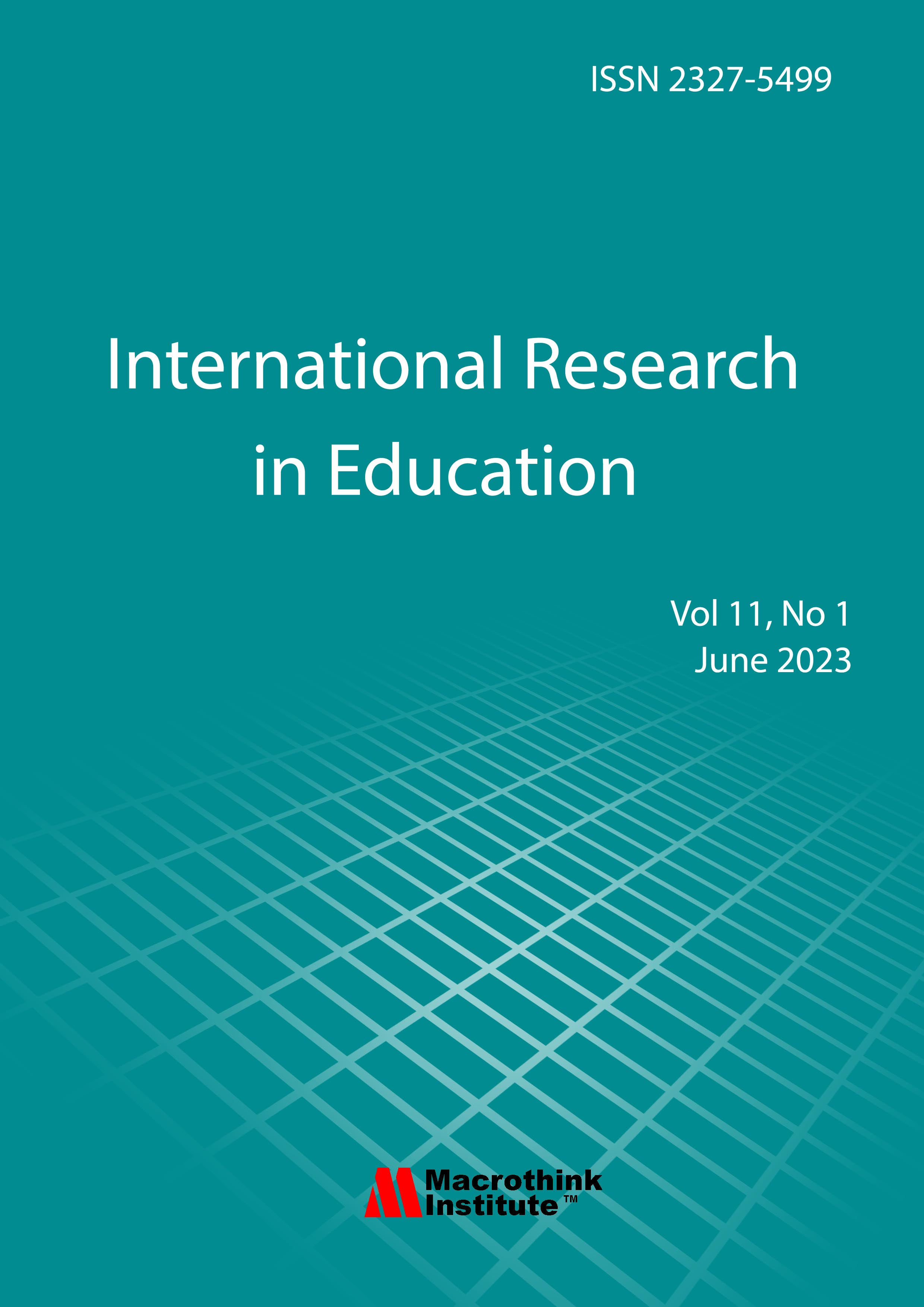Teacher Resilience and Covid-19 Seismic Disruptions: The Nigerian Experience
DOI:
https://doi.org/10.5296/ire.v10i1.19542Keywords:
Pandemic, Seismic, Resilience, Disruptions, AdaptabilityAbstract
COVID-19 pandemic and its attendant problems have unleashed severe seismic disruptions on most countries of the world and have brought to the fore the fragility of most systems of the underdeveloped countries, particularly educational sector. Teachers, one of the educational stakeholders, were seemingly neglected during the COVID-19 seismic disruptions and this neglect could have far reaching impact on their cognition, psyche, self-esteem, motivation and confidence if not accorded attention against future happenings. This research therefore takes a deep dive into how COVID-19 has influenced teachers’ lives, especially secondary school teachers’ resilience; commitment, adaptability, confidence and the social support they received during and after the COVID-19 pandemic in both rural and urban Nigeria. It also examines the essence of boosting resilience in teachers to promote learning, proffer and employ mitigation techniques and combat COVID -19-like situations in school environment in relation to what their cognition, skills and dispositions are with regards to novel and emergency happenings in the future. The study adopts the mixed method design using qualitative and quantitative methods of data gathering via oral interviews and questionnaires. It thereafter compares the resilience exhibited between rural based teachers and urban based teachers. The findings have implications for pre-service and in-service teacher training programmes, curriculum design, government and society engagement and teacher burn-out and attrition.




